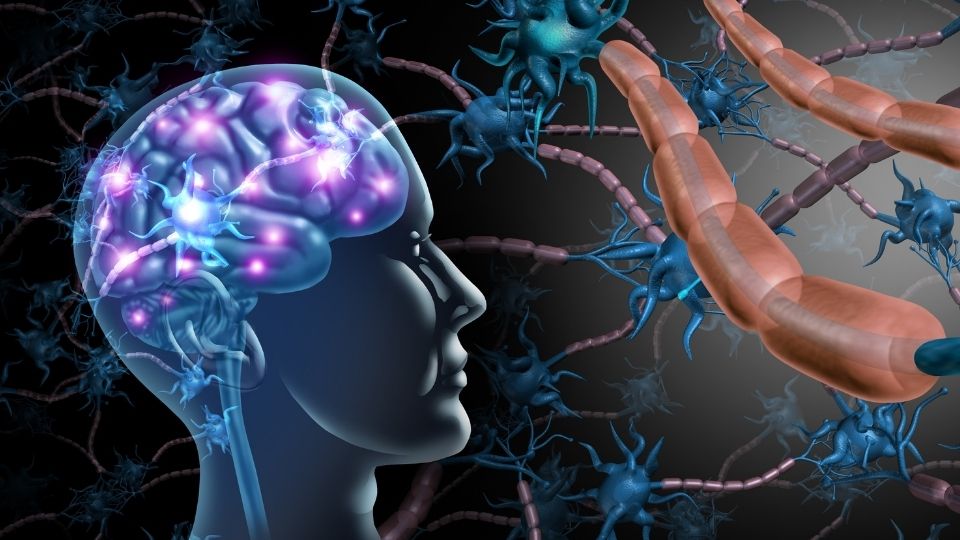Brain and neurosurgery is a medical specialty that includes the diagnosis, treatment and surgical interventions of diseases related to the brain, spinal cord, nerves and related structures. Specialists in this field perform surgical operations to preserve or restore the health of patients' brain and nervous system. Brain and neurosurgery includes many life-saving procedures that significantly improve patients' quality of life.
Scope and Importance of Brain and Nerve Surgery
Brain and neurosurgery includes brain tumors, aneurysms, traumatic brain injuries, epilepsy, stroke, Parkinson's disease, multiple sclerosis, trigeminal neuralgia, spinal cord injuries, nerve compression, hydrocephalus, and other neurological disorders. These diseases can cause a variety of symptoms and seriously affect patients' quality of life. Brain and neurosurgery helps patients live healthy lives by providing diagnosis, treatment and management of these diseases.
Symptoms and Diagnosis of Brain and Nerve Surgery
Symptoms of brain and neurosurgical diseases vary depending on the type of disease and the area it affects. For example, a patient with a brain tumor may experience symptoms such as headache, nausea, vomiting, vision or balance problems, while a patient with a spinal cord injury may experience symptoms such as paralysis, loss of sensation, or loss of urinary control. Diagnosis is usually made using neurological examination, imaging studies (MRI, CT scans), electrophysiological tests, and other diagnostic tools.
Treatment and Management of Brain and Nerve Surgery
Treatment of brain and neurosurgical diseases varies depending on the type and severity of the disease and the general health condition of the patient. Treatment options may include surgery, medications, radiotherapy, chemotherapy, physical therapy, rehabilitation and lifestyle changes. The treatment plan is determined based on the patient's individual needs and response to treatment.
Family Support and Psychosocial Care
Neurosurgical illnesses can have a significant impact on both patients and their families. Therefore, neurosurgery teams provide emotional support, education, and guidance to families. Psychosocial support and counseling help patients and their families cope with the disease and make the treatment process more manageable.
Future and Advances
Progress is constantly being made in the field of brain and neurosurgery. Advanced surgical techniques, more sensitive imaging technologies, prospective treatment options and neurological rehabilitation methods enable patients to respond better to treatment and improve their quality of life.




